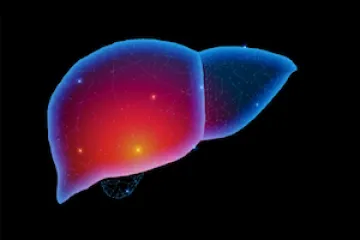Liver Transplantation has been in clinical practice for the last five decades. It is currently viewed as the cure for cirrhosis and some forms of cancer in the liver. Patients with end stage liver disease can view their future with more optimism than ever, as liver transplantation offers them survival benefit that exceeds 93% at one year and 80% at five years.

Our Liver Transplant Program at the University of Arizona Department of Surgery is committed to helping patients with end-stage liver disease (cirrhosis) and liver cancer through liver transplantation.
Our multidisciplinary liver transplant team includes: transplant surgeons, transplant hepatologists, nurse practitioners/coordinators, nephrology, radiology, critical care, anesthesia, infectious disease, and mental health specialists, as well as pharmacists, dietitians, social workers, and financial counselors, and any other specialists needed for the care of a patient.
Our liver transplant program offers the highest quality care for the following conditions:
- Non-alcoholic steatohepatitis (NASH)/Fatty liver
- Hepatitis C and B
- Alcoholic liver disease
- Liver cancer (hepatocellular carcinoma and neuroendocrine tumors)
- Autoimmune hepatitis
- Primary and secondary biliary cirrhosis
- Primary sclerosing cholangitis
- Polycystic liver disease
- Wilson’s disease
- Hemochromatosis
- Fulminant liver failure
What Sets Us Apart
Our level of experience allows us to accept high-risk transplant medical and surgical candidates who might otherwise be turned down at other centers because of certain pre-existing conditions. Our program philosophy revolves around patient-centered care and satisfaction. We also have the ability to use organs from extended criteria donors, offering our transplant candidates a better chance of being transplanted and consequently obtain a new life.

